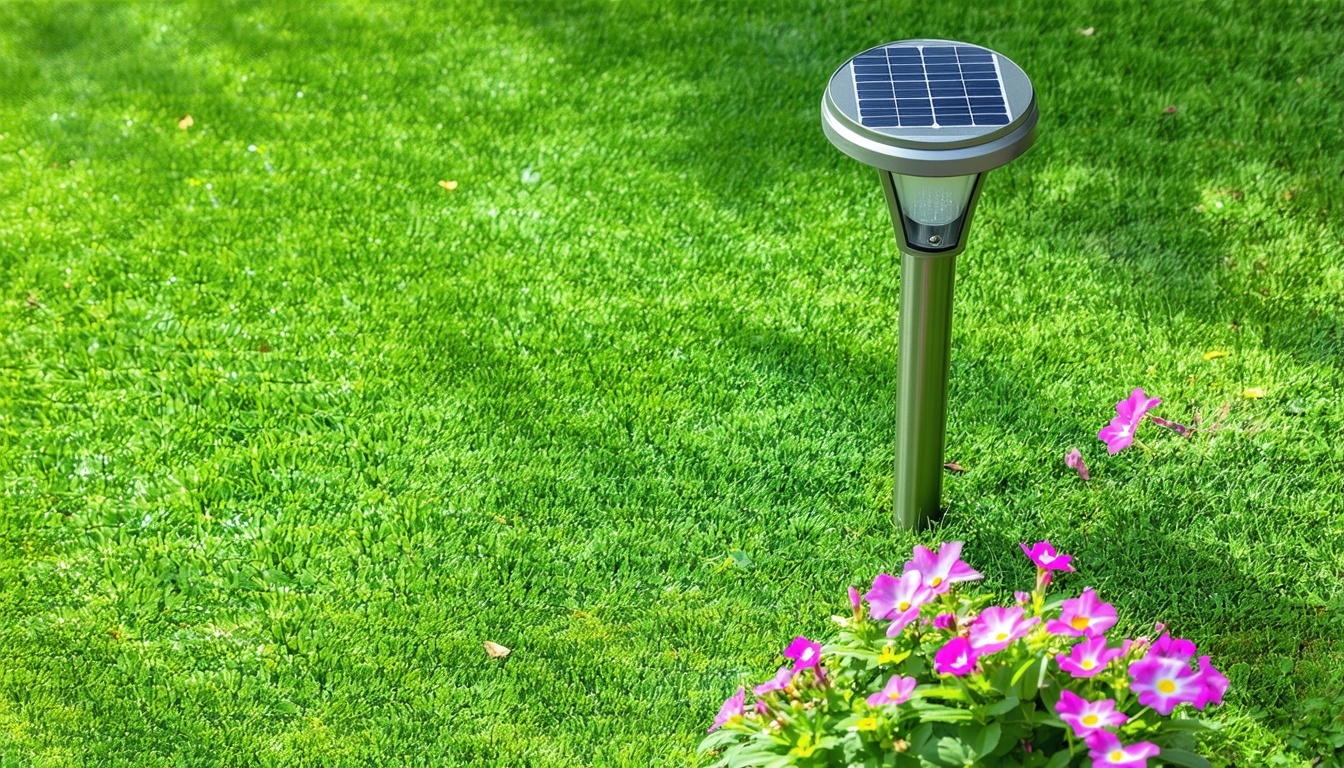Transform your outdoor space while freeing up more time to enjoy with family and friends by...
Top Tips for Sustainable Lawn Care at Home

Transform your lawn into an eco-friendly oasis with these expert tips for sustainable lawn care.
Choose Native Plants for a Resilient Lawn
Native plants are a cornerstone of sustainable lawn care. These plants are accustomed to the local climate, soil, and pests, making them naturally resilient and less dependent on water and fertilizers. By choosing native varieties, you not only create a robust and beautiful lawn but also support local biodiversity.
Moreover, native plants require less maintenance, giving you more time to enjoy your outdoor space. They are also more likely to thrive without the need for chemical interventions, making them a win-win for both your yard and the environment.
Optimize Water Usage with Smart Irrigation
Water is a precious resource, and optimizing its use is essential for sustainable lawn care. Smart irrigation systems, such as drip irrigation and weather-based controllers, ensure that your lawn gets the right amount of water at the right times. These systems can significantly reduce water waste and help maintain a healthy lawn.
Consider installing rain sensors or soil moisture sensors to further enhance efficiency. These tools can prevent overwatering and ensure that your lawn only receives water when it truly needs it, promoting deeper root growth and a more resilient landscape.
Eco-Friendly Fertilizers: What You Need to Know
Traditional fertilizers often contain chemicals that can harm the environment. Eco-friendly fertilizers, on the other hand, are designed to nourish your lawn without causing long-term damage to the soil and water supply. Look for organic or slow-release fertilizers that provide essential nutrients without the harsh chemicals.
Using compost or natural soil amendments can also improve soil health and fertility. These options not only support a lush lawn but also contribute to a more sustainable ecosystem in your yard.
Composting: Turn Yard Waste into Lawn Gold
Composting is an excellent way to recycle yard waste and enrich your lawn. By turning grass clippings, leaves, and other organic matter into compost, you create a nutrient-rich amendment that can improve soil structure and health.
Start a compost pile or bin in your backyard, and use the finished compost to top-dress your lawn or mix it into the soil. This practice not only reduces waste but also enhances the vitality of your lawn, making it more resilient and beautiful.
Natural Pest Control Methods for a Healthier Lawn
Chemical pesticides can harm beneficial insects and disrupt the natural balance in your yard. Instead, opt for natural pest control methods to keep your lawn healthy. Introduce beneficial insects like ladybugs and predatory nematodes that prey on common lawn pests.
Planting pest-resistant varieties and maintaining a diverse landscape can also reduce pest problems. Regular monitoring and early intervention with natural remedies such as neem oil or insecticidal soap can keep your lawn pest-free without harming the environment.
